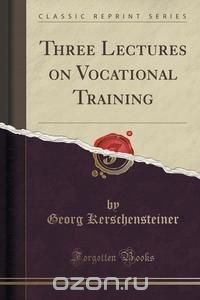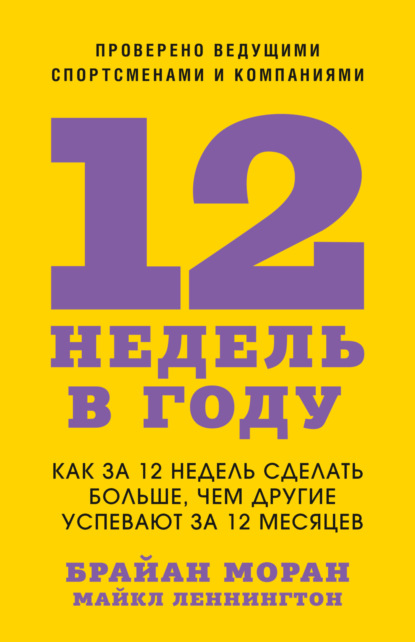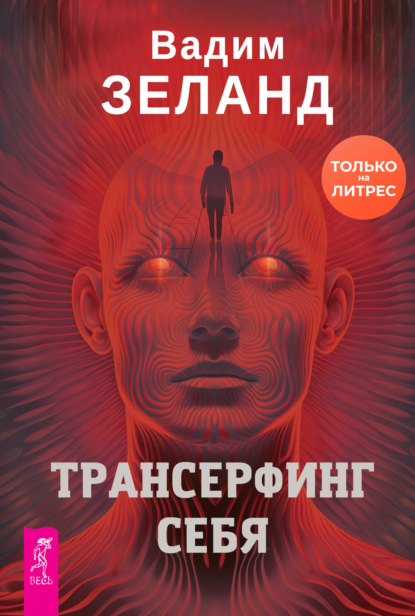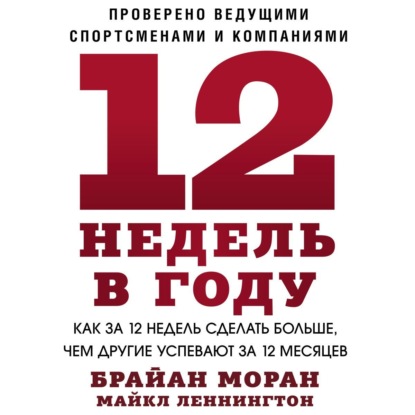Excerpt from Three Lectures on Vocational Training
The wealth of a country depends not only on the natural riches of its soil, but also on the men who turn these riches to account. It has always been the aim of industrial states, or of states that desired to become industrial, to produce human material more and more fitted for their task. It was principally this object that induced absolute monarchs in Europe to establish primary schools. These schools were to contribute toward making industries, or, as they were then called, manufactures, a more productive source of state revenue.
But the farther we penetrate into the question of educating the masses to industrial capacity, the more we recognize that the problem before us is not special but general, that it is in fact nothing less than the problem of educating the whole man. Educational works in the United States are full of this discovery. In a description of the Lynn works Alexander Magnus says:
There are three main problems that enter into production: the machine problem, the material problem, the men problem. The latter is the most difficult problem, but also the most important one, in competitive activity.
In an article in the American Federation of Labor on industrial education I find the sentence:
There is a growing feeling that is gaining rapidly in strength, that in industrial education the human element must be recognized, and cannot be so disregarded as to make the future workers mere automatic machines.
This is perfectly true. The one-sided education of workmen to dexterity is only an apparent solution of the problem.
About the Publisher
Forgotten Books publishes hundreds of thousands of rare and classic books. Find more at www.forgottenbooks.com
This book is a reproduction of an important historical work. Forgotten Books uses state-of-the-art technology to digitally reconstruct the work, preserving the original format whilst repairing imperfections present in the aged copy. In rare cases, an imperfection in the original, such as a blemish or missing page, may be replicated in our edition. We do, however, repair the vast majority of imperfections successfully; any imperfections that remain are intentionally left to preserve the state of such historical works. Это и многое другое вы найдете в книге Three Lectures on Vocational Training (Classic Reprint) (Georg Kerschensteiner)















